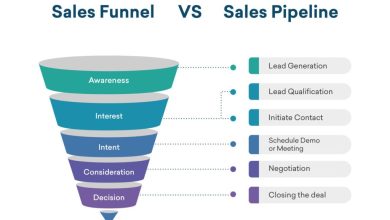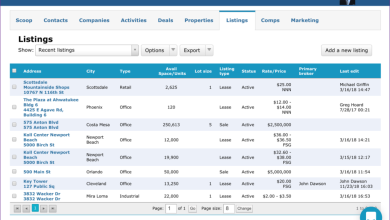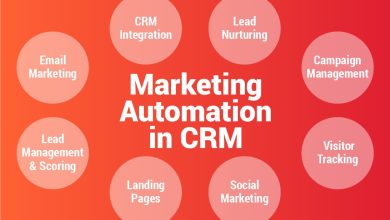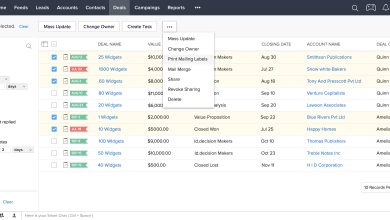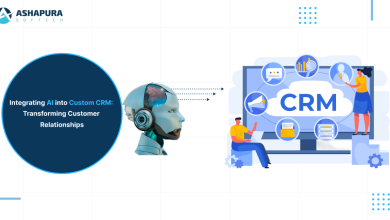Affordable Cloud-Based CRM Elevate Customer Relationships Effortlessly

Affordable Cloud-Based CRM: Elevate Customer Relationships welcomes you to a new era of business where building strong connections with your customers is both simple and cost-effective. Whether you are managing a startup or scaling an established company, cloud-based CRM platforms make it easy to keep your customers engaged and your team organized. With this approach, managing relationships becomes less about complex processes and more about building real value.
Cloud-based CRM solutions are transforming how businesses interact with their customers by offering flexibility, essential features, and affordable pricing. These systems are designed to streamline operations, increase productivity, and adapt to the unique needs of small and medium enterprises. By leveraging cloud technology, companies can access their CRM anytime, anywhere, ensuring that customer information, communication, and collaboration are always at their fingertips.
Introduction to Affordable Cloud-Based CRM
Cloud-based Customer Relationship Management (CRM) systems have emerged as an essential solution for modern businesses striving to enhance their customer relationships while maintaining cost efficiency. Unlike traditional on-premise CRM software, cloud-based platforms are hosted remotely and accessed through the internet, allowing teams to collaborate and manage customer data from anywhere.
Affordability is a key consideration for businesses evaluating CRM solutions. Affordable cloud-based CRM platforms typically offer flexible subscription models, minimal up-front investment, and reduced need for in-house IT resources. This enables even small organizations to access robust CRM capabilities previously reserved for larger enterprises.
The evolution of CRM technology has closely followed advances in cloud computing. Where legacy systems required significant capital expenditure and ongoing maintenance, today’s cloud-based CRMs focus on scalability, agility, and ease of use, helping businesses of all sizes to adapt quickly in a rapidly changing market.
Core Features of Affordable Cloud-Based CRM Solutions: Affordable Cloud-Based CRM: Elevate Customer Relationships

Affordable cloud-based CRM platforms are equipped with a set of core features designed to streamline customer management and engagement. These features are not only cost-effective but also scalable, making them accessible to a wide range of businesses.
A comparative overview of essential CRM features is presented below:
| Feature | Description | Benefit | Typical Use Case |
|---|---|---|---|
| Contact Management | Centralized storage and organization of customer profiles and interaction history. | Enhances customer understanding and personalized communication. | Tracking customer interactions to improve service quality. |
| Sales Pipeline Tracking | Visual representation and monitoring of sales stages and opportunities. | Improves forecasting accuracy and sales team efficiency. | Managing leads through each phase of the sales cycle. |
| Email Integration | Direct integration with popular email platforms for streamlined communication. | Saves time and ensures communication records are easily accessible. | Automated logging of customer emails into CRM records. |
| Task Automation | Automated scheduling and reminders for follow-ups and routine tasks. | Reduces manual effort and prevents missed opportunities. | Setting up recurring reminders for client check-ins. |
These features collectively support customer engagement by enabling teams to proactively address customer needs, maintain consistent communication, and close sales more efficiently.
Benefits for Small and Medium Enterprises (SMEs)

Affordable cloud-based CRM solutions are particularly well-suited for small and medium businesses seeking to maximize limited resources while fostering strong customer relationships. The pay-as-you-go model and absence of heavy infrastructure requirements mean SMEs can implement advanced tools without exceeding their budget.
Cost savings and operational efficiencies include:
- Lower upfront investment due to subscription or freemium pricing.
- Reduced need for in-house IT staff or expensive hardware.
- Automatic updates and maintenance handled by the provider, minimizing downtime and support costs.
- Quick deployment and minimal training required, accelerating time-to-value.
Scalability is another major advantage. As SMEs grow, cloud-based CRMs can easily adapt to changing business needs by providing:
- Modular feature upgrades and seamless user expansion.
- Integration capabilities with accounting, marketing, and e-commerce platforms.
- Mobile access for teams working in the field or remotely.
Implementation Methods and Best Practices
Transitioning to an affordable cloud-based CRM requires thoughtful planning and execution to ensure success. Proper implementation helps organizations avoid common pitfalls and maximize the ROI of their investment.
The recommended step-by-step procedure for implementation is as follows:
- Assess and document business requirements, including desired CRM features and integration needs.
- Select a CRM solution that aligns with budget and feature priorities.
- Prepare data for migration by cleaning and organizing existing customer records.
- Configure the CRM platform, including user roles, workflows, and templates.
- Train staff on system usage and best practices for data entry and management.
- Go live with the new CRM, starting with a pilot group if possible for phased adoption.
- Continuously monitor usage, gather feedback, and refine processes as needed.
Best practices for a smooth transition from traditional systems include:
- Maintain clear communication with all stakeholders throughout the process.
- Involve end users in customization and workflow design to improve buy-in.
- Schedule regular review sessions post-implementation to address issues and optimize configuration.
Customization and User Experience
Customization options in affordable cloud-based CRM platforms empower businesses to tailor dashboards, fields, and workflows to their unique requirements. Intuitive user interfaces are designed to reduce learning curves and encourage widespread adoption across teams.
A well-designed CRM interface not only simplifes daily tasks but also ensures that users can access the information they need with minimal effort. Customizable widgets, drag-and-drop modules, and conditional field displays are commonly available, allowing every business to create a personalized workspace.
An ideal CRM user interface prominently features a clean dashboard with customizable charts, key performance metrics, recent activity feeds, and quick-access shortcuts to essential modules. Users have the flexibility to filter views, rearrange panels, and configure notifications, resulting in a workspace that matches individual roles and workflows while ensuring clarity and focus.
Security and Data Protection
Affordable cloud-based CRM providers prioritize robust security protocols to safeguard sensitive customer data. Compliance with industry standards, coupled with advanced technologies, ensures that even smaller businesses can operate with confidence.
Key security features and their implementation methods are summarized below:
| Security Feature | Importance | Implementation Method | Example |
|---|---|---|---|
| Data Encryption | Prevents unauthorized data access during transmission and storage. | SSL/TLS for data in transit, AES encryption for data at rest. | Encrypted customer contact information in CRM databases. |
| Role-Based Access Control | Restricts data access based on user roles and responsibilities. | Customizable permissions for modules, records, and actions. | Sales reps view only their accounts, while managers access department-wide data. |
| Multi-Factor Authentication | Adds an additional layer of login security. | Requires both password and secondary device/code for login. | OTP sent to mobile device when accessing CRM remotely. |
| Regular Data Backups | Ensures data can be restored in case of loss or breach. | Automated scheduled backups to secure cloud storage. | Restoring customer records after accidental deletion. |
Procedures for safeguarding customer data include ongoing monitoring, immediate incident response protocols, and regular employee training on security best practices.
Integrations and Automation Capabilities
Modern affordable cloud-based CRM platforms support a variety of third-party integrations and automation features that streamline business processes and enhance productivity. Connecting with tools like email marketing services, e-commerce platforms, and accounting software enables businesses to maintain a unified data ecosystem.
Popular integrations include:
- Email marketing services (e.g., Mailchimp, Sendinblue)
- Accounting platforms (e.g., QuickBooks, Xero)
- E-commerce platforms (e.g., Shopify, WooCommerce)
- Helpdesk and support tools (e.g., Zendesk, Freshdesk)
- Collaboration software (e.g., Slack, Microsoft Teams)
Automation features are designed to handle repetitive tasks, allowing teams to focus on strategic activities. Common automation workflows that boost productivity include:
- Automated lead assignment based on source or region.
- Follow-up email sequences triggered by customer actions.
- Task reminders for overdue deals or support tickets.
- Instant notification to sales teams when a deal progresses to the next stage.
- Automated invoice generation after deal closure.
Measuring CRM Success and ROI
Evaluating the effectiveness of a cloud-based CRM system involves tracking specific performance metrics and customer satisfaction indicators. By monitoring these KPIs, businesses can make data-driven decisions to optimize their CRM usage.
A summary of key CRM metrics is provided below:
| Metric | Definition | Measurement Method | Impact |
|---|---|---|---|
| Customer Retention Rate | Percentage of customers retained over a period. | (Customers at End – New Customers) / Customers at Start | Indicates loyalty and service effectiveness. |
| Lead Conversion Rate | Proportion of leads converted to paying customers. | Number of Conversions / Number of Leads | Measures sales process efficiency. |
| Average Deal Size | Mean value of closed deals over a period. | Total Value of Deals / Number of Deals | Highlights revenue generation potential. |
| Time to Close | Average duration to close a deal. | Total Closing Time / Number of Deals | Reflects sales cycle speed and process improvements. |
For example, if a company invested $1,200 annually in a cloud-based CRM system and, as a result, increased its customer retention rate by 15% and closed 10% more deals, the incremental profit generated from these improvements would be weighed against the CRM cost to determine the system’s ROI.
Case Studies: Real-World Applications
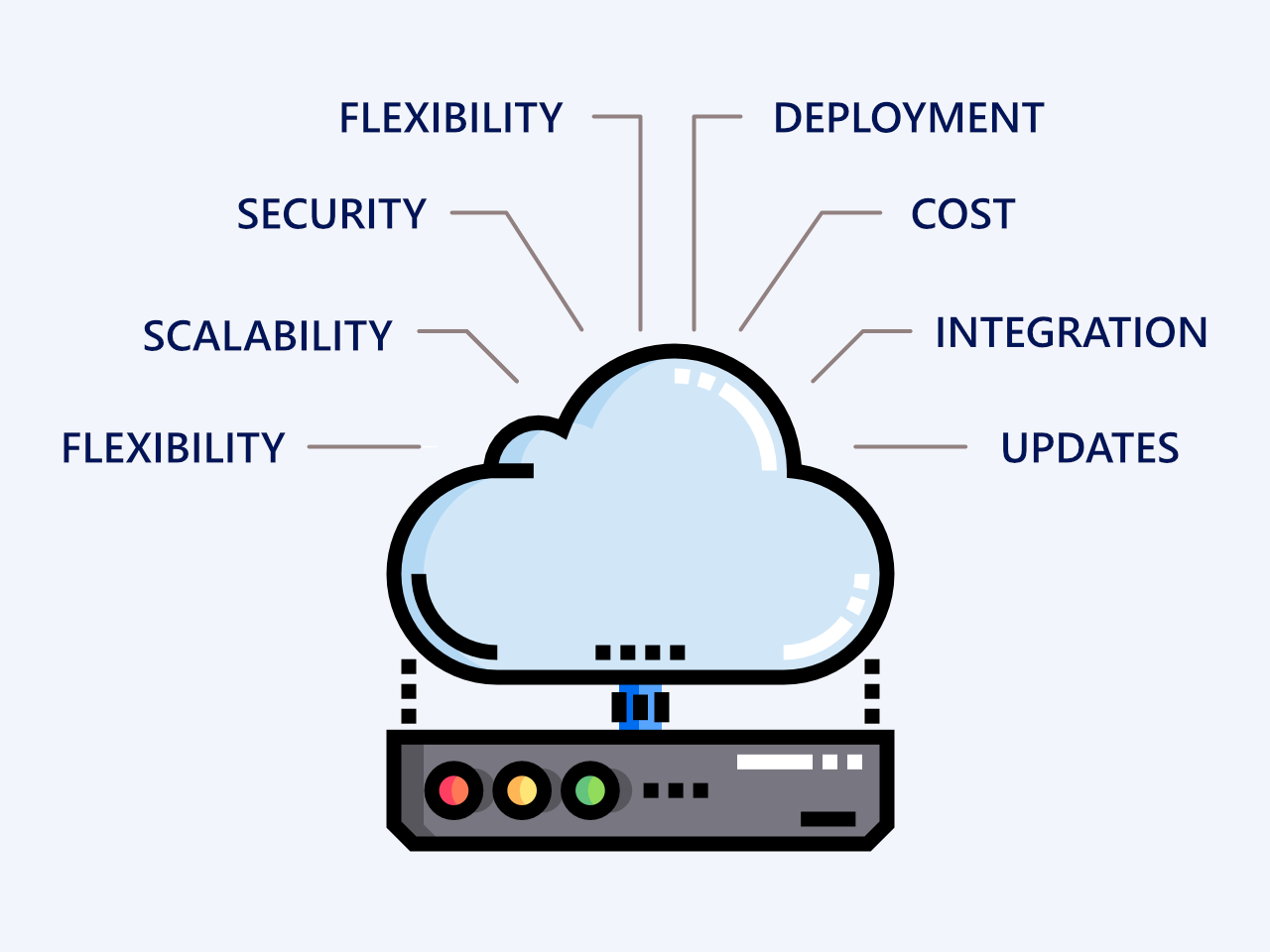
Affordable cloud-based CRM solutions have enabled businesses across industries to optimize customer relationships and drive growth. Here are examples of how organizations have leveraged these platforms:
- A boutique marketing agency adopted a cloud-based CRM to centralize client communications, resulting in a 30% reduction in missed follow-ups and a 20% increase in repeat business.
- An electronics retailer integrated their CRM with e-commerce and email marketing tools, allowing seamless customer journey tracking and personalized promotions, which boosted online sales conversion rates by 12%.
- A mid-sized logistics company implemented workflow automation in their CRM, reducing manual data entry and cutting administrative workload by 25% within six months.
Key lessons learned include the importance of user training, the value of regular data audits, and the need to align CRM configurations with evolving business goals. Common challenges such as data migration and change management were addressed through phased implementation and continuous user support.
Future Trends in Cloud-Based CRM
Emerging technologies are shaping the next generation of affordable cloud-based CRM systems. Artificial intelligence (AI), machine learning, and advanced analytics are being integrated to provide predictive insights and further automate routine tasks.
Features in development include conversational AI assistants, intelligent lead scoring, and automated customer sentiment analysis. These innovations promise to deepen customer understanding and enable proactive service tailored to individual needs.
Imagine a CRM platform where AI-powered bots automatically analyze customer interactions, predict purchasing intent, and initiate personalized follow-up sequences across multiple channels. Sales and support teams receive real-time recommendations, allowing them to act instantly on high-priority opportunities and deliver exceptional experiences with minimal manual effort.
Conclusion
Embracing an affordable cloud-based CRM system not only enhances customer relationships but also delivers measurable business value in efficiency and growth. As technology keeps advancing, choosing the right CRM solution positions your business to stay ahead of trends and exceed customer expectations. The journey to better customer management starts with the decision to innovate, automate, and connect—making each customer interaction more meaningful and effective.
Detailed FAQs
What makes a cloud-based CRM affordable?
Cloud-based CRMs are typically affordable because they require low upfront costs, offer subscription-based pricing, and eliminate the need for expensive hardware or on-site maintenance.
Is cloud-based CRM suitable for businesses with remote teams?
Yes, cloud-based CRMs are ideal for remote teams since they allow access to data and collaboration from anywhere with an internet connection.
How secure is customer data on cloud-based CRM platforms?
Most reputable cloud-based CRM providers implement strong security protocols such as data encryption, secure logins, and regular backups to protect sensitive customer information.
Can I integrate cloud-based CRM with other business tools?
Absolutely. Many cloud-based CRMs offer seamless integration with tools like email marketing platforms, accounting software, and communication apps to streamline operations.
Do I need technical expertise to set up a cloud-based CRM?
No advanced technical skills are required. Most modern cloud-based CRMs are designed for easy setup and provide user-friendly interfaces, along with support and resources to help you get started.

